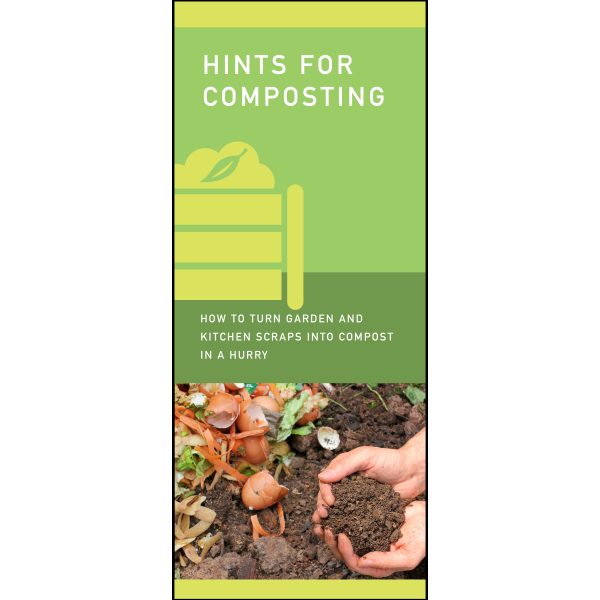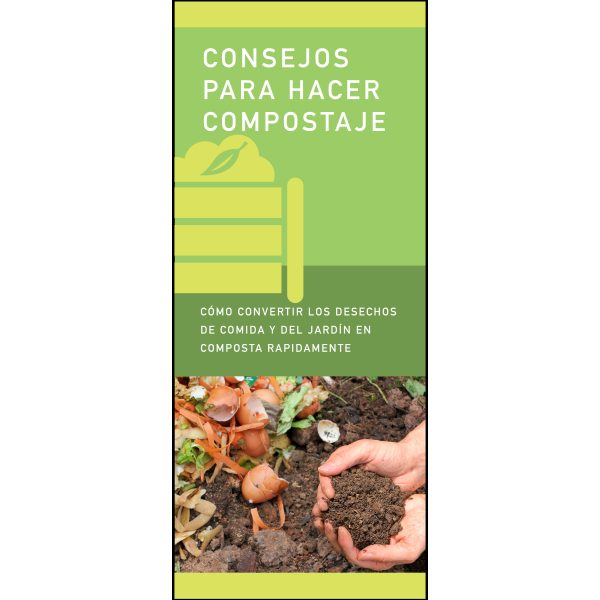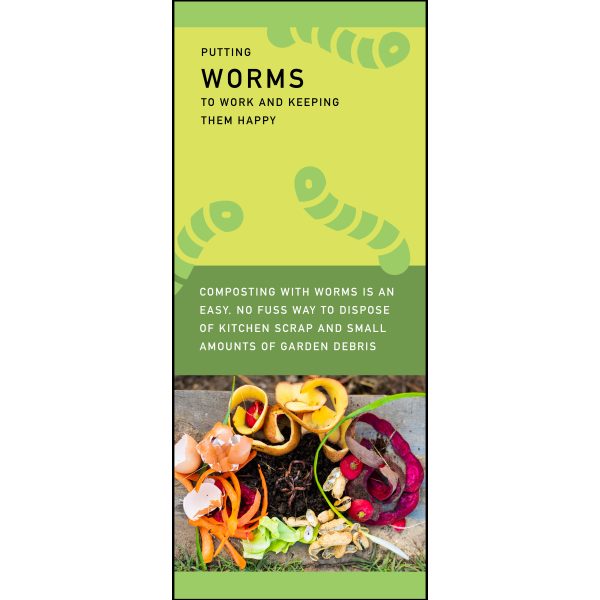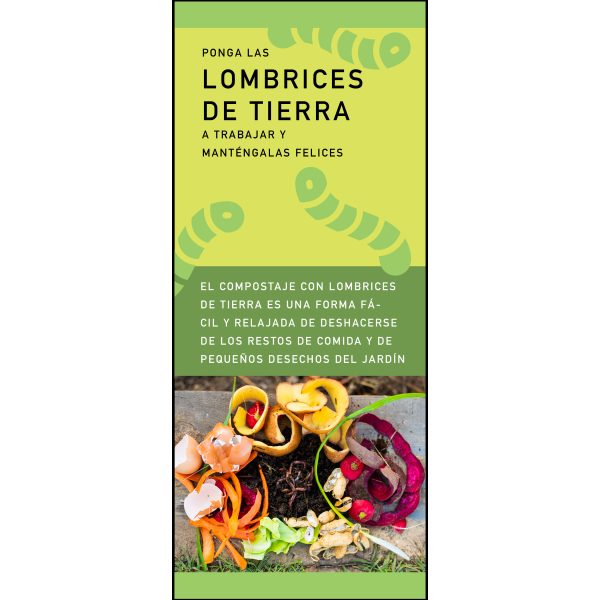In addition to being good for the soil, composting is good for the environment because it reduces the amount of organic material going to landfill. Organic materials decompose anaerobically (without oxygen) in landfills and produce methane (CH4), a powerful greenhouse gas 25 times more potent than carbon dioxide (CO2). Compost added to soil also helps to pull carbon out of the atmosphere through a process called carbon sequestration. To learn more about climate change and greenhouse gases, visit the EPA's website.
Anyone can compost at home! See below for virtual workshop recordings on how to start a backyard hot pile, in both the English and Spanish language. No backyard or not enough space for a compost pile? Worm composting/vermicomposting is a smaller scale solution perfect for people who don't produce much organic material, live in apartments, or have limited space.




